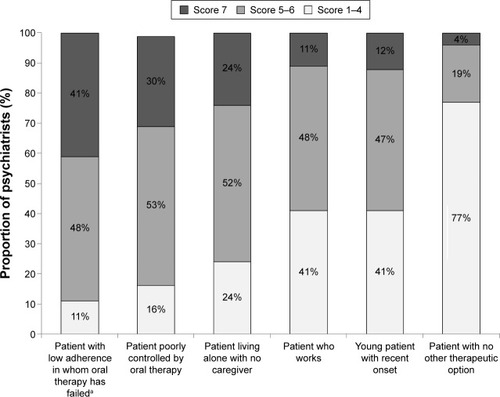Figures & data
Figure 1 Regional distribution of respondents according to mental health settings where the respondents performed professional activities.
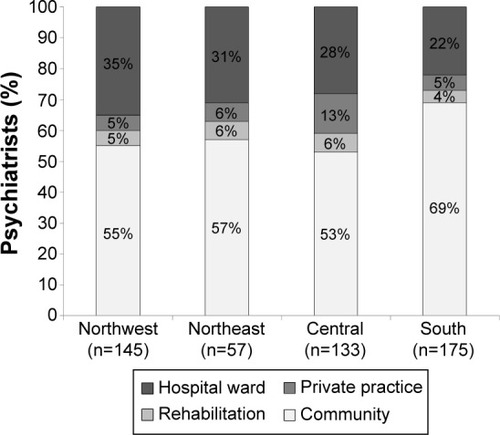
Table 1 Characteristics of the overall population of survey respondents
Figure 2 Suggested parameters to be considered when evaluating the success of an antipsychotic therapy in patients with schizophrenia.
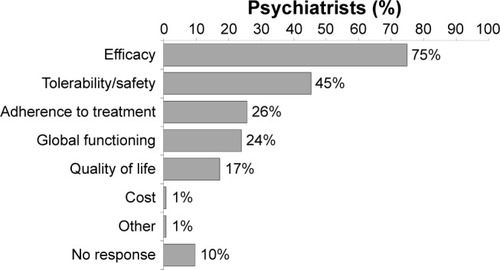
Figure 3 Domains of importance of preset responses when assessing treatment success rated from 1 (not important) to 7 (of utmost importance) by psychiatrists treating patients suffering from schizophrenia.
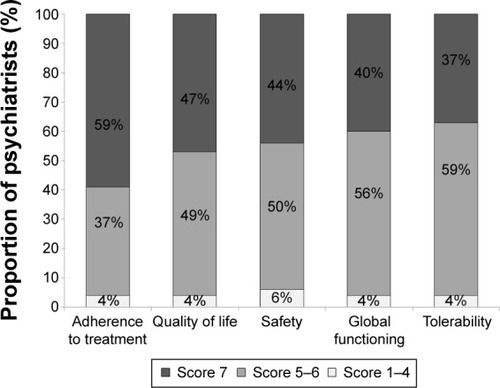
Figure 4 Psychiatrists’ understanding of quality of life (QoL) in patients with schizophrenia.
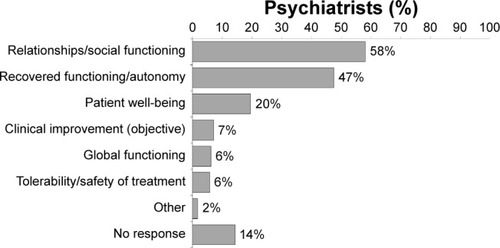
Figure 5 Importance of preset items when reporting understanding of quality of life (QoL) according to psychiatrists, rated from 1 (not important) to 7 (of utmost importance).
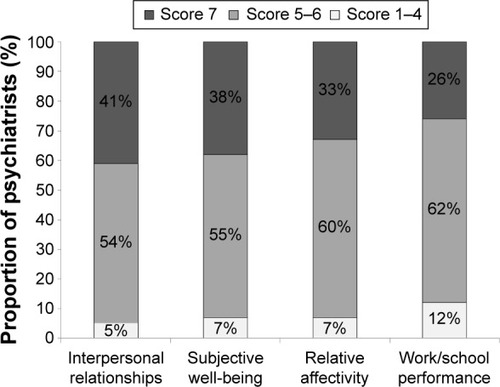
Figure 6 Level of importance of preset clinical outcomes when assessing the success of long-acting injectable treatment, rated from 1 (not important) to 7 (of utmost importance) according to psychiatrists treating patients with schizophrenia.
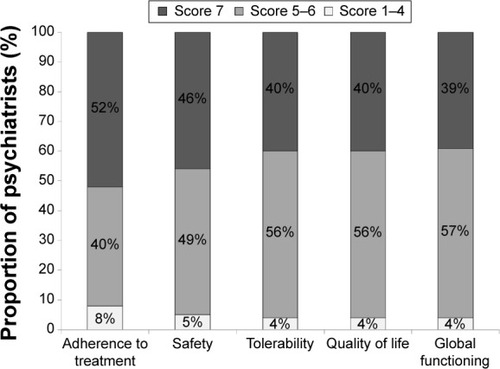
Figure 7 Level of agreement with prescribing long-acting injectable antipsychotic treatment to five preset patient types, rated from 1 (no agreement) to 7 (complete agreement) according to psychiatrists treating patients with schizophrenia.
